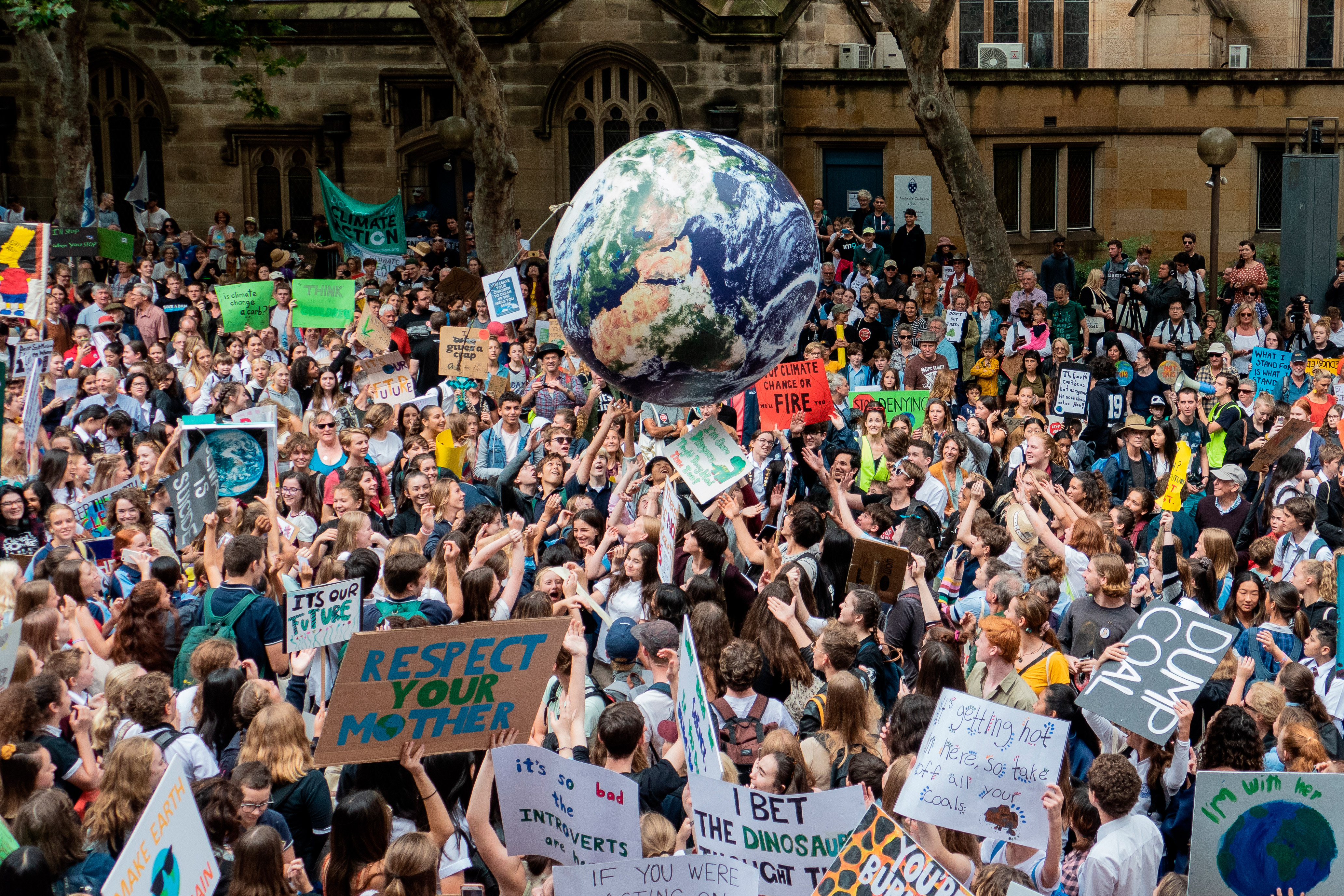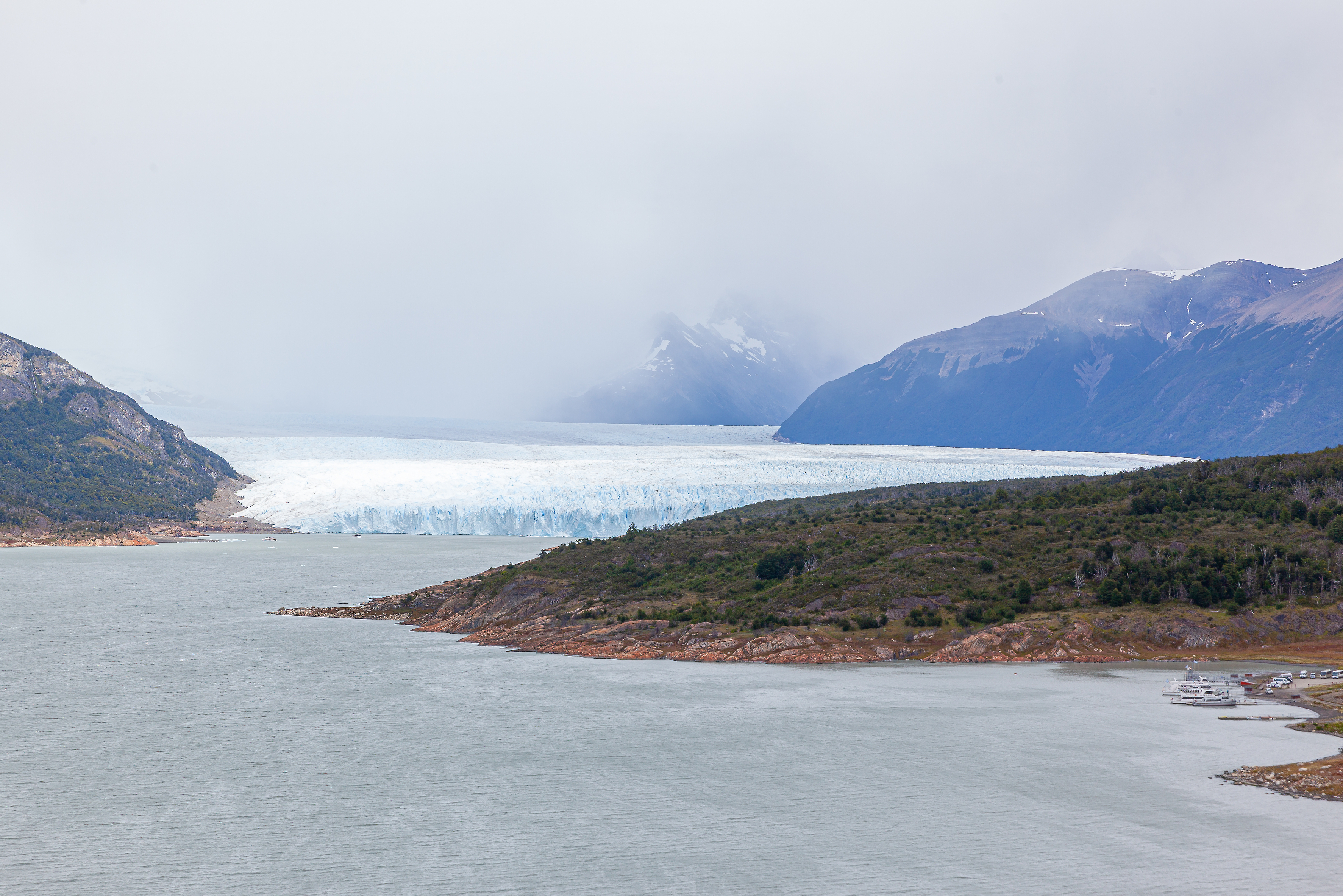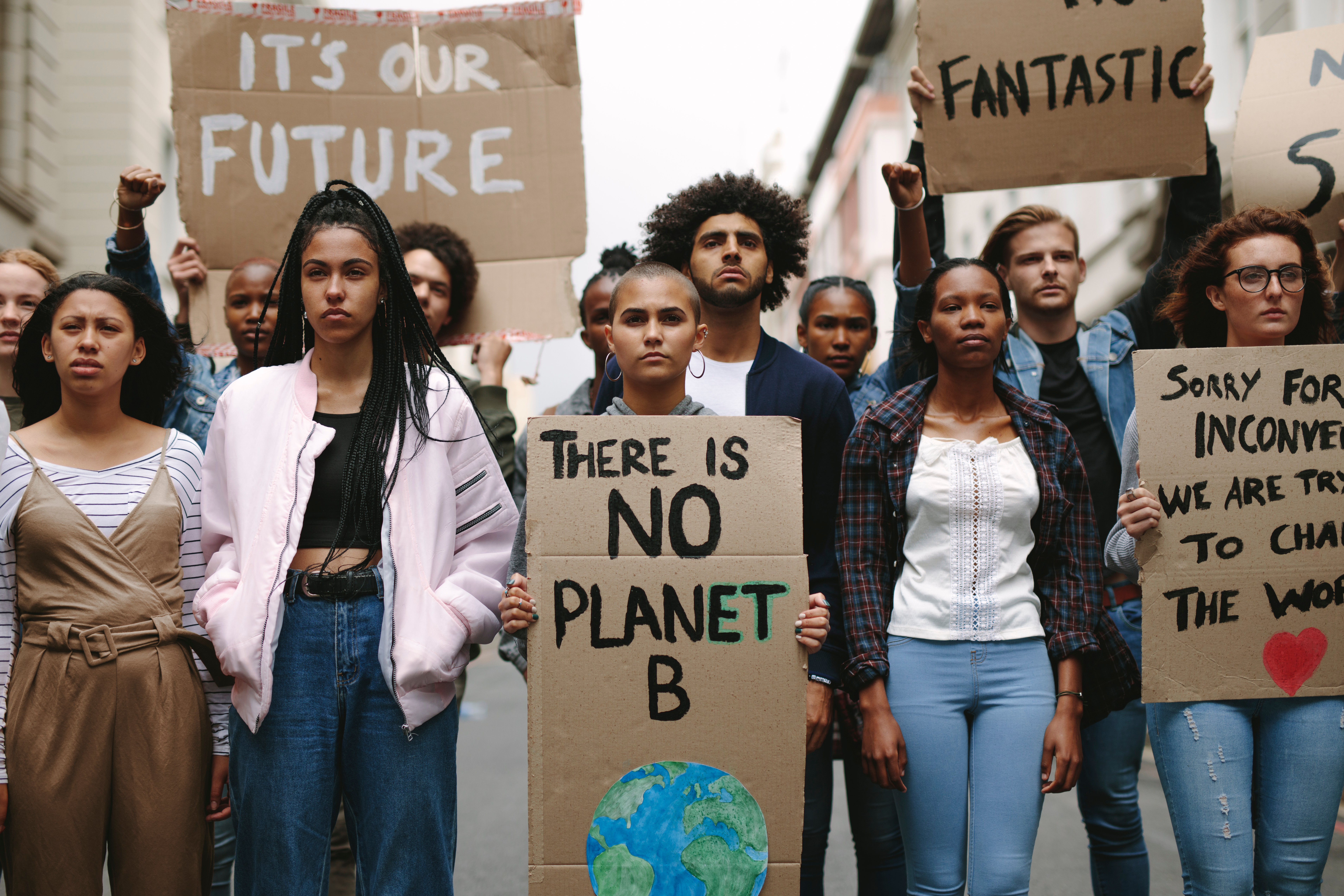The most basic response we have to extreme weather is to stop burning fossil fuels as fast as possible. If we don’t do that, temperatures will continue to rise and it will become increasingly hard to adapt to the impacts of climate change that we are already seeing today. One way of addressing that, at least nominally, is through large international agreements like the Paris agreement. However, that alone is not enough. Climate change is affecting societies locally, depending on their vulnerability.
In addition to these global-scale international agreements, policies need to be implemented locally that will effectively make the goals of these agreements possible. As a society, we need to adapt to changing extremes, and a great amount of this adaptation would reduce vulnerability anyway, independent of whether the weather is changing or not.


